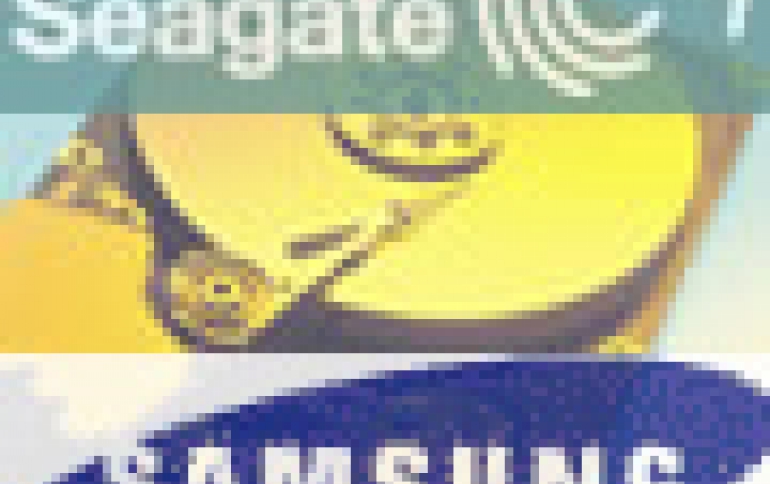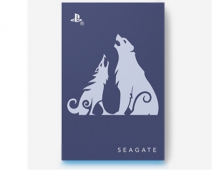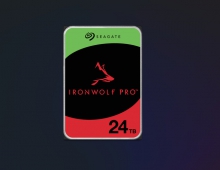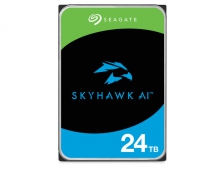
EC Clears Seagate Acquisition of Samsung HDD Business
The European Commission approved on Wednesday the acquisition by Seagate Technology of the hard disk drive (HDD) business of Samsung Electronics, after concluding that the transaction would not significantly impede effective competition in European Economic Area (EEA) or any substantial part of it.
The Commission's examination showed that there are separate worldwide markets for hard disk drives based on their end use application (such as desktop computers, mobile computers, servers). The Commission also identified a separate market for external hard disk drives in the European Economic Area (EEA) 1, which is downstream from hard disk drives.
The main impact of the transaction is on the markets for 3.5" desktop hard disk drives and 2.5" mobile hard disk drives where EC's investigation revealed that Samsung is not a particularly strong competitor. There would remain three strong suppliers on the 3.5" desktop market (the merged entity, Western Digital of the US and Japan's Hitachi Global Storage Technologies), and four strong suppliers on the 2.5" mobile market (the three plus Toshiba, also of Japan). "With at least three suppliers, customers will retain sufficient possibilities to switch suppliers," the Commision said. The Commission also found that the removal of Samsung is not likely to lead to a risk of coordination among the remaining HDD suppliers.
The Commission found that the proposed transaction would not jeopardise the business of Japan's TDK, an independent supplier of heads for HDDs, as the merged entity will continue to buy a sufficient volume of components from TDK post-merger. Finally, the Commission found that there would be no effect on the market for external hard disk drives in the EEA as non integrated suppliers of external hard disk drives would retain sufficient alternative sources for hard disk drives.
The Seagate/Samsung deal was assessed independently of Western Digital's proposed acquisition of the HDD and Solid State Drives (SSDs) businesses of Hitachi Global Storage Technologies which was notified one day later and is still pending.
Seagate notified its proposed acquisition of the hard disk drive business of Samsung to the Commission on 19 April 2011. The Western Digital/HGST case was notified to the Commission on 20 April 2011. In May 2011, the Commission started an in-depth investigation into both transactions.
The main impact of the transaction is on the markets for 3.5" desktop hard disk drives and 2.5" mobile hard disk drives where EC's investigation revealed that Samsung is not a particularly strong competitor. There would remain three strong suppliers on the 3.5" desktop market (the merged entity, Western Digital of the US and Japan's Hitachi Global Storage Technologies), and four strong suppliers on the 2.5" mobile market (the three plus Toshiba, also of Japan). "With at least three suppliers, customers will retain sufficient possibilities to switch suppliers," the Commision said. The Commission also found that the removal of Samsung is not likely to lead to a risk of coordination among the remaining HDD suppliers.
The Commission found that the proposed transaction would not jeopardise the business of Japan's TDK, an independent supplier of heads for HDDs, as the merged entity will continue to buy a sufficient volume of components from TDK post-merger. Finally, the Commission found that there would be no effect on the market for external hard disk drives in the EEA as non integrated suppliers of external hard disk drives would retain sufficient alternative sources for hard disk drives.
The Seagate/Samsung deal was assessed independently of Western Digital's proposed acquisition of the HDD and Solid State Drives (SSDs) businesses of Hitachi Global Storage Technologies which was notified one day later and is still pending.
Seagate notified its proposed acquisition of the hard disk drive business of Samsung to the Commission on 19 April 2011. The Western Digital/HGST case was notified to the Commission on 20 April 2011. In May 2011, the Commission started an in-depth investigation into both transactions.





















